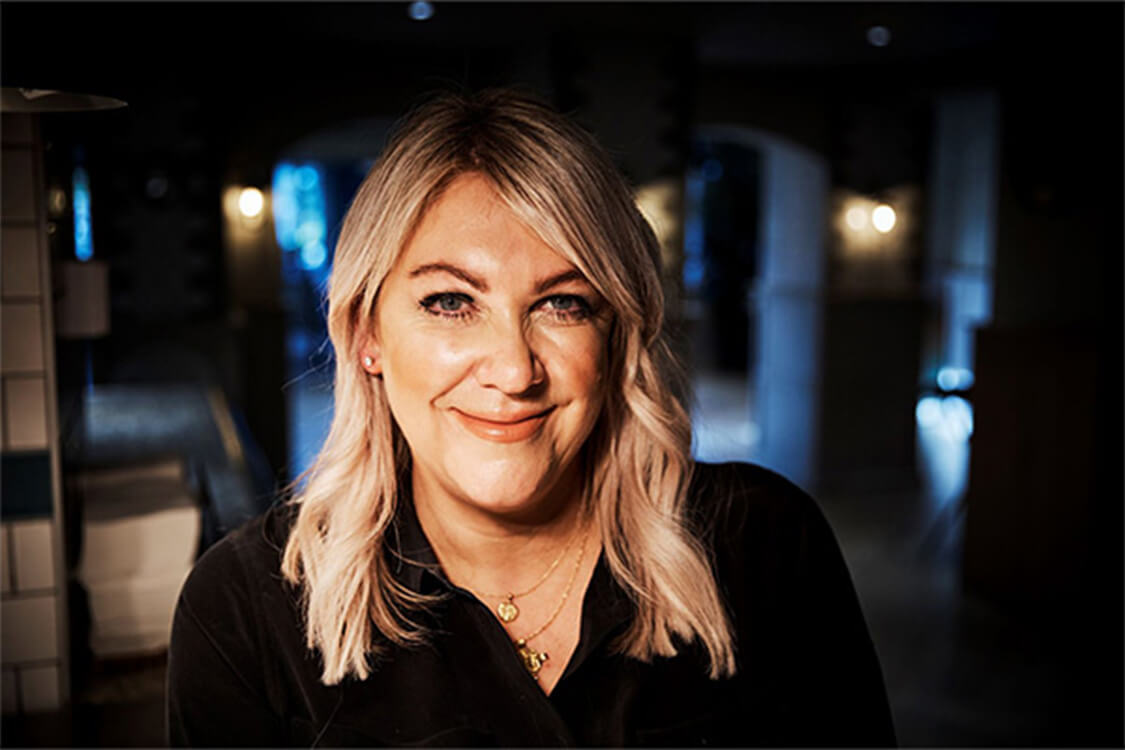Katie Niland, sales director, The Belfry Hotel & Resort, discussed how event industry traditions are being reinvented by a new workforce.
The events industry is experiencing a seismic shift in the makeup of its workforce. Statistics shared at EMEC Brighton’s opening plenary ‘Renaissance in the Events Sector’ suggested a workforce evolution of sorts is taking place, with event professionals new to the industry now making up 60% of its personnel.
The average age of workers has also dropped by nearly a decade, with most of the workforce now younger than 35 years old. In this article I’ll explore how we, as an industry, can work together to learn from the ‘old’ in terms of best practices and embrace the ‘new’ to form a collaborative approach to benefit all.
Meet the newbies
Nothing beats face-to-face meetings when you are looking to create new partnerships or build rapport with potential clients. This is a sentiment shared throughout the industry with 67% of event industry workers agreeing that face-to-face as catalyst for doing business is hard to replace.
While digital venue searches have advanced significantly in recent years, it remains a challenge to convey the ‘feeling’ a property gives you, the kind of welcome and care from staff you receive and even the scale of its rooms, when looking via a screen.
Strengthen team spirit
With new employees now outnumbering those more experienced, almost every workplace will be impacted to some degree. Add to the mix the upsurge in remote working, and clearly teams are operating in a very different way to how they have previously.
A potential fallout from this new way of working is the difficulty in establishing a team mentality and for the feeling of isolation to creep in. This is where teambuilding activities can work to form connections within a workforce, help improve productivity, increase motivation and collaboration, encourage creativity, communication and engagement, as well as giving an opportunity for the entire team to get together face-to-face.
Share industry wisdom
Where teambuilding is ideal for bringing together existing teams, there remains a gap to fill for industry-wide collaboration. As part of the shift in the workforce the industry has lost history, longevity and leadership during the pandemic, but that’s not to say this has disappeared altogether. In the UK we’re fortunate enough to have an incredible pool of industry experts who can help educate those new to the events profession. The task now is for more experienced personnel to step into the role of industry ambassadors and educators.
Mentoring is a proven way to pass on knowledge and nurture a generation of new leaders. Whether it’s mentoring someone within your team, or someone within the wider industry through a mentorship programme such as Fast Forward 15, the passing of knowledge helps bridge best practices and past successes, with new ideas and direction.
Associations also provide a brilliant, shared space for those working within the same sector to jointly improve an industry through education, events and lobbying. As proud members of Beam and the mia, I’d strongly advise newcomers to the industry to dedicate some time to explore the different associations available and what each offer in terms of education and industry support as this can be an excellent source of wisdom and connections.
Embrace newness
Newness can be frightening as it threatens the balance of what is considered the norm, but it can also be incredibly exciting. New employees will bring fresh perspectives and ideas from different industries, and by embracing newness you’ll invite innovative ways of working which may open the door to unexpected opportunities.
As the makeup of the workforce shifts, so too do its priorities. Sustainability requirements are now firmly at the top of the agenda for event planners, and this is something the wider industry must embrace and accommodate. For example, we’re constantly considering how we can enhance our already strong sustainability credentials and have recently introduced a dedicated team of nominated in-house ESG (Environmental, Social and Governance) Champions. From water management to LED lighting, the resort continues to strive towards its goal of zero carbon emissions by 2030, meaning event planners can be sure that they are working with a venue that is committed to minimising its impact on the environment.















